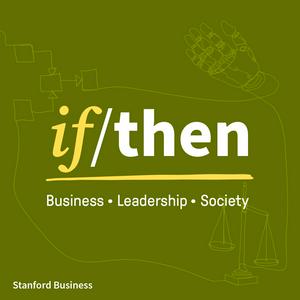Do you stick to the rules or do you roll through stop signs? Whether you’re “tight” or “loose” — how closely you adhere to social norms — has major implications for your life at home and at work. “To be effective, we want to be ambidextrous,” says Michele Gelfand, the John H. Scully Professor in Cross-Cultural Management and Professor of Organizational Behavior at Stanford Graduate School of Business. “Even if we might lean tight or loose, we want to be able to create a context where we can have both tight and loose elements.”Sophisticated strategies will fail if they don’t account for deeply embedded norms, and Gelfand breaks down why the adage that “culture eats strategy for breakfast” is more than just a management cliché. “From the moment we wake up to the moment we go to sleep, [culture is] affecting everything from our politics to our parenting,” Gelfand says. “But we take it for granted — we don’t even think about it. So it’s kind of invisible. And that’s a pretty profound puzzle.” What’s the biggest cultural adjustment you’ve made? Share your story at
[email protected] episode was recorded on January 28, 2025.Related Content:Faculty profilePsst — Wanna Know Why Gossip Has Evolved in Every Human Society?Class Takeaways — The Art of NegotiationWhy the Pandemic Slammed “Loose” Countries Like the U.S.If/Then is a podcast from Stanford Graduate School of Business that examines research findings that can help us navigate the complex issues we face in business, leadership, and society. Each episode features an interview with a Stanford GSB faculty member.See Privacy Policy at https://art19.com/privacy and California Privacy Notice at https://art19.com/privacy#do-not-sell-my-info.


